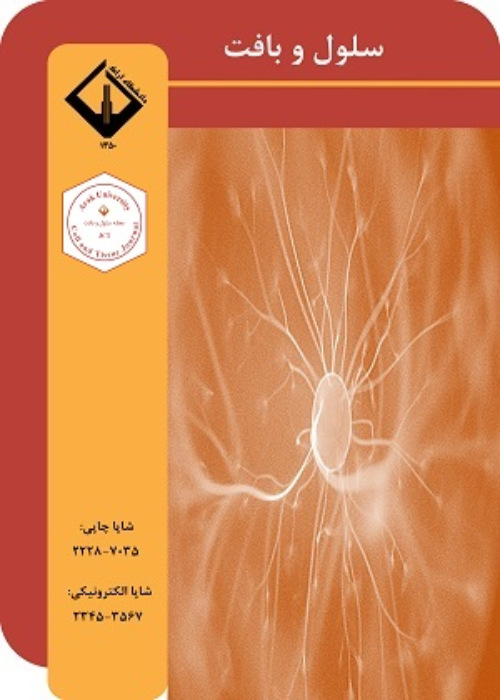The comparative study of growth and drug response of MCF-7 and MDA-MB231 human breast cancer cells in two- and three-dimensional culture
The three-dimensional (3D) culture of cancer cells is a method that provides the possibility for growth and comprehensive communication of cells in a 3D space, leading to the generation of tumorspheres. In recent years, developing tumor models from cancer cells by using the 3D cell culture method has attracted a lot of attention because it has been introduced as an accurate and reliable strategy for studying cancer stem cells (CSCs) and CSC-based therapeutics. The 3D tumor models in comparison to the monolayer culture (two-dimensional (2D) culture) of cells more resemble in vivo conditions. Because in tumor models, the tumor microenvironment, cell to cell and cell to extracellular matrix interactions and hypoxia condition, which is necessary for the survival of CSCs, are well reproduced. Through the use of several types of cells, including cancer and stromal cells, tumor models have the ability to develop and reflect the complexity of the tissue of interest, which in such a case, are even more accurate models in reflecting the biochemical and physical conditions of the body. Therefore, in the present study, the 3D model of breast cancer has been constructed with the aim of investigating the relationship between the cell behavior and the cell culture conditions (2D and 3D), and a comparative study of the growth and drug response of the two human breast cancer cell lines; MCF-7, and MDA-MB-231.
The two breast cancer cell lines, MCF-7, and MDA-MB-231, were cultured in 2D and 3D (in two modes; on top and embedded) on the Matrigel-based scaffold. The molecular phenotype of cells based on surface markers was examined by flow cytometry. Mammosphere growth was followed in 12 days and their growth kinetics was determined. To evaluate the drug response of cells, two anticancer drugs; actinomycin D and paclitaxel were applied. Primarily, the IC50 values of the two drugs were evaluated, then the generated mammospheres were treated at the indicated dose of the drugs, and their effect on the growth of the mammospheres was followed.
The MCF-7 and MDA-MB-231 cell lines cultured in 2 and 3D, showed a significant difference in their molecular phenotypes. So, it seems that the expression of CD44 has significantly decreased. On the other hand, the growth rate of cells in two different modes of 3D culture; on to and embedded, is different. Likely, the drug response evaluation shows a significant difference in 2D and 3D culture, so that the inhibitory effect of paclitaxel compared to actinomycin D has decreased in 3D culture. In addition, the results show that MCF-7 and MDA-MB231 have different drug responses, which can be affected by their different molecular phenotypes.
The results of the study confirm that the molecular phenotype of cancer cells, their growth, and drug response are strongly affected by the type of the understudied cell lines, the cell culture method, and the applied drug. Consequently, conducting cancer studies as accurately as possible requires obtaining a model that is most similar to the corresponding tumor in the body.
- حق عضویت دریافتی صرف حمایت از نشریات عضو و نگهداری، تکمیل و توسعه مگیران میشود.
- پرداخت حق اشتراک و دانلود مقالات اجازه بازنشر آن در سایر رسانههای چاپی و دیجیتال را به کاربر نمیدهد.


